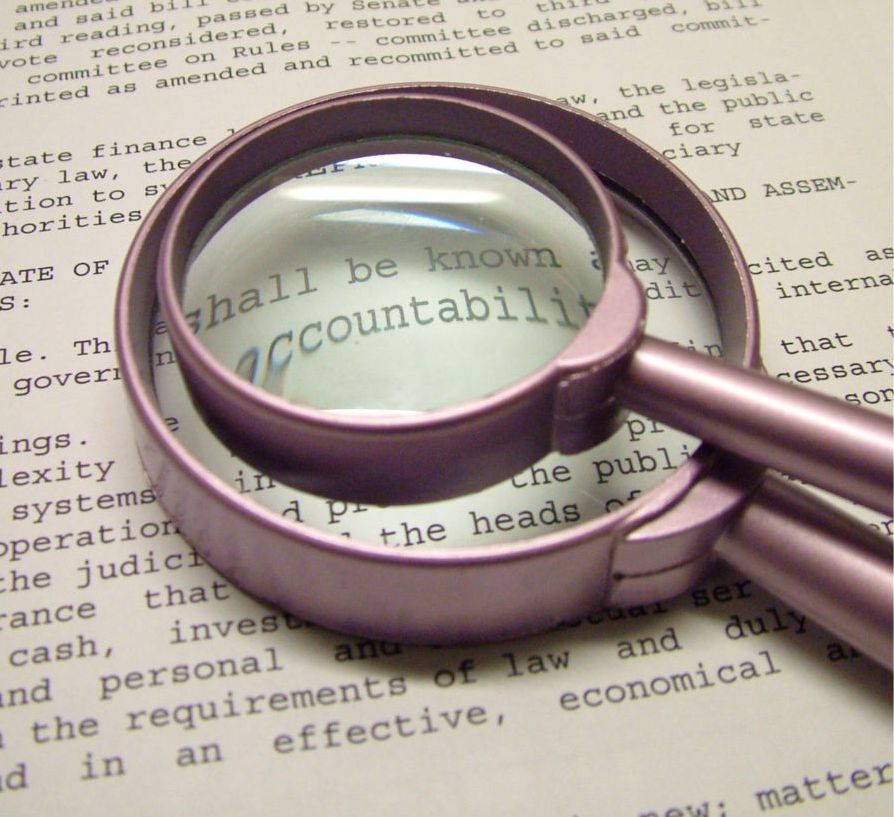If you want accountability in your life, you’ve got to take responsibility.
image by Cassandra Security
Nobody will do that for you. Others can pour into you, teach you, model for you, and share resources with you. But if you want accountability, you’ve got to take that responsibility on yourself. I’ve asked people to help me with certain aspects of my spiritual life. Sometimes it’s “worked.” Many times, it hasn’t. But I’ve learned some principles along the way that have helped ensure success.
8 principles in seeking spiritual accountability
1. Ask for it.
If you don’t ask, nobody will respond. You need these deep relationships that help you with your personal spiritual growth.
2. Help define what it needs to look like.
Don’t just assume that if you ask someone, they’ll instantly know what accountability needs to look like for you. You have to help set the paramaters. How often? What will you talk about? What questions should they ask you?
3. Be vulnerable and share your story.
Otherwise, how can someone else help? If they don’t know who you are, where you’ve been, and the weak spots in your life, they’ll have no idea how to help you grow.
4. Take a risk.
You’ll never know if the person on the other end, that you’re asking to step into that relationship with you, is 100% trustworthy. This is a step of faith, not a step of pre-knowledge.
5. Remember that accountability is a two-way street.
This isn’t a cure-all solution. You’ve got to be doing the difficult task of working on yourself and your own shortcomings. Having someone “hold you accountable” doesn’t assure you’re accountable. You’ve got to continue to actively pursue that relationship, and be open and honest with where you are at all along the way.
6. Give the other person the room to say, “No.”
This is a big responsibility that you’re asking someone to. Give them the freedom to say that this is not the right season for them. Forced accountability rarely works. Both parties have to be willing to step in and do the hard work.
7. You have to continue to drive the relationship.
Don’t expect that you can ask once, share your story, and the other person will then magically follow up with you exactly when you need it. You’re the one asking for accountability. You need to be the one driving this relationship.
8. Ask for grace.
Since accountability isn’t a cure-all, there’s a good chance you’ll mess up again. In a big way. And this is where many “accountability partners” fall apart. If you’ve messed up, you think, “I can’t possibly be honest about this with him now.” And he’ll think, “I guess I’ve failed at holding him accountable.” What needs to happen is what happened in the beginning: grace. Set out from the beginning this idea that if failure happens, grace is the knee-jerk response.
You need someone to spur you on. (Hebrews 10:24) You’re too weak on your own to fight sin, insecurities, and the battles that rage against you doing what God’s calling you to do. You need someone who’s got your back. You need someone who is going to encourage you on the good days and the bad. You need a warrior who won’t give up on you, who knows where you’re headed, and is willing to walk through the dark and the light to help you get there.
So encourage each other and build each other up – 1 Thessalonians 5:11
Do you have someone who’s intentionally encouraging you and helping hold you accountable?
Have you seen this kind of relationship misused? Where one (or both) parties expected too much?


